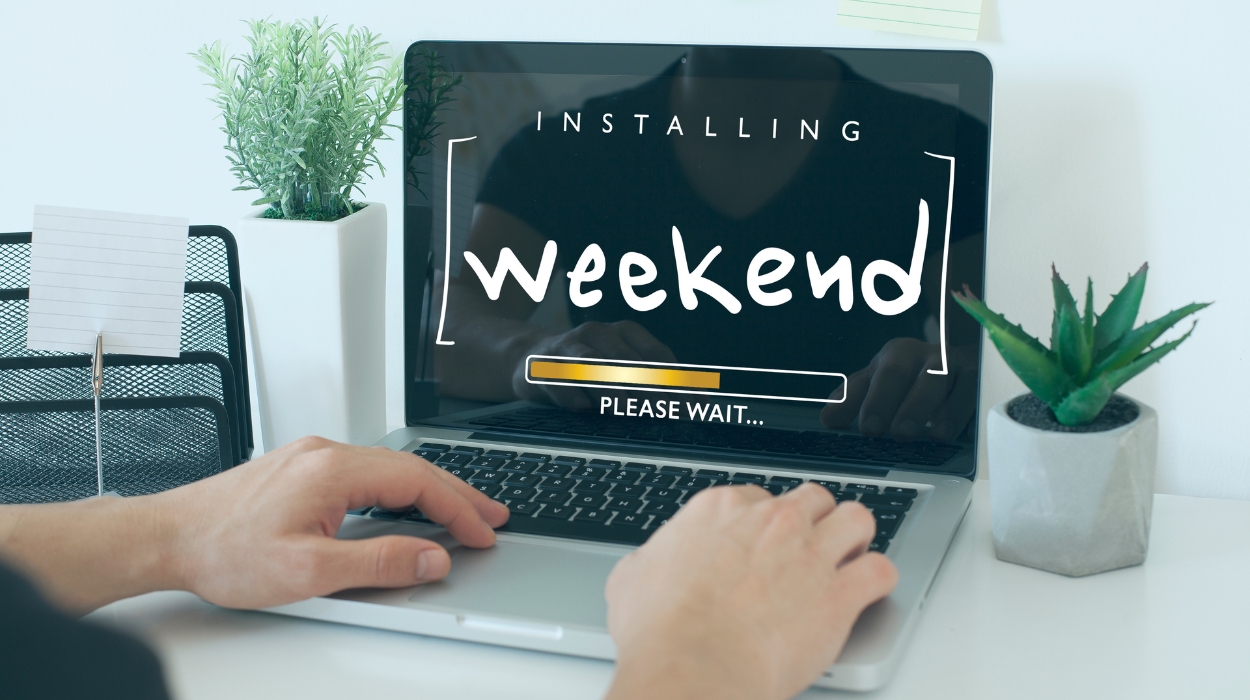Depression, also called major depression or clinical depression, is a mood disorder.[1] When it goes untreated, depression can significantly interfere with daily functioning.
If you think you might be depressed, you may be unsure of where to turn. Taking a depression quiz is a good starting point.
The depression quiz below won’t take the place of medical advice. However, it can give you an idea of whether you’re showing depression symptoms.
Your results on the quiz can help you determine whether it’s time to reach out to a mental health professional.
How Does The Depression Quiz Work?
This quiz gives you a total score, based on the sum of your scores for each item. Higher scores indicate a higher likelihood of depression.
Your results are obtained by taking the individual score on each question and adding all the scores together. This then helps you arrive at your total score.
If you have a high total score, this doesn’t mean you’re formally diagnosed with depression. It simply means you are more likely to meet criteria for depression.
If you score high, please follow up with a mental health professional for formal diagnosis and treatment. If you’re having thoughts of suicide, please call the 988 Suicide & Crisis Lifeline.[2] Alternatively, you may present to a local hospital emergency department for immediate care.
Who Is This Depression Quiz For?
This depression quiz is for anyone who worries they might be struggling with depression. If you’re feeling down or just out of sorts, this quiz can be helpful.
You can also share it with someone in your life if you’re worried about their mental health.
Is It Accurate?
This quiz is based on the diagnostic symptoms[1] of depression. It cannot take the place of a formal diagnosis from a mental health professional.
However, it can give you an accurate understanding of your likelihood of having depression. Since it’s based on formal diagnostic criteria, it is an accurate representation of depression symptoms.
Other Things You Might Want To Know
If you’re taking a depression quiz, you may be interested in learning additional information about depression. The sources below are excellent resources for anyone seeking depression treatment:
- Depression: National Institute of Mental Health.[1]
- Major Depression: National Institute of Mental Health.[3]
- Depression Resources: Centers for Disease Control and Prevention.[4]
Frequently Asked Questions
According to government data, 8.3%[3] of U.S. adults experienced depression in the last year in 2021. The prevalence was 10.3%[3] in women compared to 6.2%[3] in men.
Depression is diagnosed using criteria in the Diagnostic and Statistical Manual of Mental Disorders, 5th edition. This manual includes diagnostic criteria[5] for depression and other disorders. A person must show at least five depression symptoms to be diagnosed.
Depression is diagnosed by medical and/or mental health professionals. A physician, psychiatrist, psychiatric nurse practitioner, professional counselor, clinical social worker, or psychologist can render a diagnosis.







i understand, i'm listening, i'm here for you